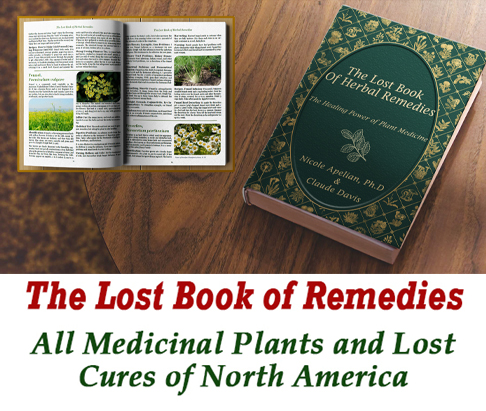Introduction:
Nature has long been a source of healing and wellness, offering a plethora of plants that possess remarkable medicinal properties. In this blog article, we will explore the power of plants as home remedies for various common ailments. Backed by scientific facts, we will uncover the efficacy of these natural remedies and how they can be incorporated into our daily lives for optimal health and well-being.
Aloe Vera for Skin Irritations:
Aloe vera, a succulent plant renowned for its soothing properties, is an excellent home remedy for skin irritations. Scientific studies have shown that aloe vera gel can help alleviate symptoms of sunburn, insect bites, and minor cuts. Its anti-inflammatory and antimicrobial properties promote skin healing and provide relief from itching and redness.
Peppermint for Digestive Discomfort:
Peppermint, with its refreshing aroma and cooling sensation, has been used for centuries to address digestive issues. Menthol, the key active compound in peppermint, acts as a natural muscle relaxant, easing spasms and relieving symptoms such as bloating, indigestion, and abdominal pain. Scientific research confirms the effectiveness of peppermint oil in managing irritable bowel syndrome (IBS) symptoms.
Ginger for Nausea and Motion Sickness:
Ginger, a widely recognized spice, is a potent home remedy for nausea and motion sickness. Studies have shown that ginger can help alleviate symptoms associated with morning sickness, chemotherapy-induced nausea, and postoperative nausea. Ginger's active compounds, such as gingerol, function by reducing inflammation in the digestive system and calming the stomach.
Chamomile for Relaxation and Sleep:
Chamomile, a gentle flowering plant, has long been used as a natural remedy for promoting relaxation and aiding sleep. Chamomile tea, infused with compounds like apigenin, acts as a mild sedative, helping to reduce anxiety and improve sleep quality. Scientific research has demonstrated the anxiolytic and hypnotic effects of chamomile, making it a valuable home remedy for stress relief and better sleep.
Eucalyptus for Respiratory Congestion:
Eucalyptus, known for its invigorating scent, offers powerful relief for respiratory congestion. The essential oil derived from eucalyptus leaves contains compounds called cineole or eucalyptol, which have mucolytic and expectorant properties. Inhalation of eucalyptus oil can help clear nasal passages, reduce coughing, and alleviate symptoms of respiratory conditions like bronchitis and sinusitis.
Turmeric for Inflammation:
Turmeric, a vibrant golden spice, contains a compound called curcumin, renowned for its anti-inflammatory properties. Curcumin has been extensively studied for its potential benefits in managing chronic inflammatory conditions such as arthritis and inflammatory bowel disease. Incorporating turmeric into meals or consuming it as a supplement can help reduce inflammation and support overall health.
Garlic for Immune Support:
Garlic, with its pungent aroma and distinct flavor, is not only a culinary delight but also a potent immune booster. Scientific research indicates that garlic possesses antimicrobial, antiviral, and immune-stimulating properties. Regular consumption of garlic may help strengthen the immune system, protecting against common illnesses such as colds and flu.
Conclusion:
The power of plants as home remedies cannot be underestimated. From aloe vera for soothing skin irritations to ginger for alleviating nausea, nature has bestowed us with an abundance of therapeutic options. Scientific evidence supports the effectiveness of these natural remedies, providing us with safe and accessible alternatives for common ailments.
While these remedies can offer relief, it is important to consult with a healthcare professional for persistent or severe conditions. By using the power of plants, we can enhance our well-being and take a step towards a more holistic and sustainable approach to health.
Diet & Health


No comments:
Post a Comment